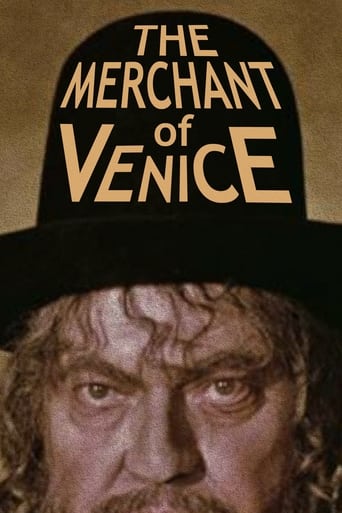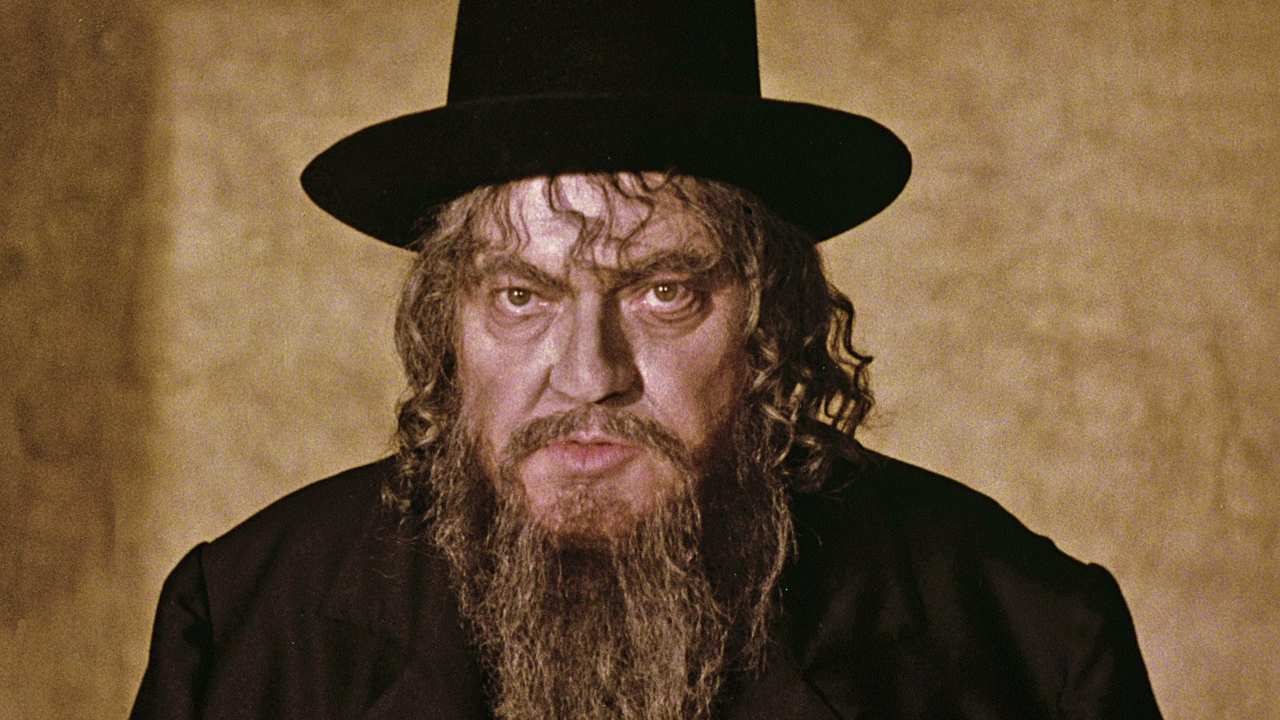

A short film directed by Orson Welles based on William Shakespeare's play of the same name. While actually completed, it is frequently cited as an unfinished film, though better described as a partially lost film due to the loss of film negatives. A restored and reconstructed version of the film, made by using the original script and composer's notes, premiered at the 72nd Venice International Film Festival alongside Othello as part of the pre-opening ceremonies.
 AD
AD
All Prime Video
Cancel anytime

A short film directed by Orson Welles based on William Shakespeare's play of the same name. While actually completed, it is frequently cited as an unfinished film, though better described as a partially lost film due to the loss of film negatives. A restored and reconstructed version of the film, made by using the original script and composer's notes, premiered at the 72nd Venice International Film Festival alongside Othello as part of the pre-opening ceremonies.
The movie is currently not available onine

as Antonio

as